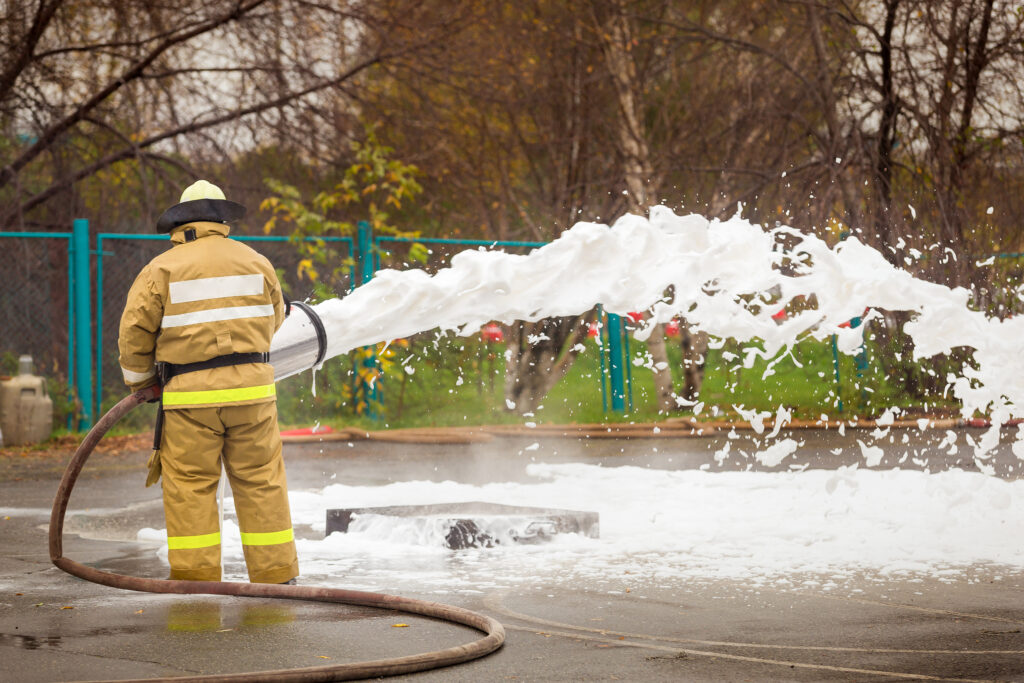Picture it. It is a busy Saturday morning, the house is in a frenzy as the kids are getting ready for soccer, and you just want to quickly get the breakfast dishes into the dishwasher before heading out but as you go to unload the dishes from last night’s dinner you notice that they haven’t been washed properly. Oh no! This is not what you need….
A dishwasher can be a huge timesaver in the kitchen (especially if you have a busy schedule) but to get the best performance from your machine it is necessary to use and maintain your dishwasher correctly. Here are our top ten tips to get the best results from your dishwasher.
1. Scrape your plates
This one is self-explanatory; you need to scrape any food scraps from your plates before placing them into the dishwasher. This will reduce the build-up of food particles that accumulate in your dishwasher filter/trap. It is generally not necessary to rinse plates and, in most cases, it is just wasting water.
2. Don’t overcrowd the dishwasher
It is tempting to try and squeeze that last dish into the dishwasher but loading the dishwasher correctly and not overloading or overcrowding will ensure that the dishes are able to be cleaned efficiently. If the dishwasher is overcrowded the wash arms can be blocked and this prevents the dishes from being cleaned properly.
Although we don’t want to overcrowd the dishwasher it is preferred to only run it with a full load so that we are getting the best water efficiently and not wasting water by running the dishwasher with half a load. Some modern dishwashers now have half-load options for those occasions when you only have a few dishes.
3. Choose the correct cycle for your load
Most dishwashers have several different cycle options depending on how dirty your dishes are and using the correct cycle can help you save electricity and water.
If you have dishes that have only been lightly used (e.g. breakfast bowls, toast plates), you don’t need to be running your machine on a heavy-duty cycle; try an economy or normal cycle. Whereas if you have heavily soiled dishes (e.g. lasagne or lots of oily residues), try to wash them together in the same load and hand wash any lightly used dishes that don’t fit in the dishwasher.
4. Use a premium quality dishwashing detergent
Not only is it important to use a premium quality dishwashing detergent like Tri Nature’s Dishwashing Powder, but it is also important not to use too much. Although using a bit of extra detergent might seem like a good idea it is the opposite. Using too much dishwashing detergent can cause the extra detergent to clog the machine and cause it to run less efficiently. Excess powder can also leave a residue on your glasses and dishes.
The only time using a little extra detergent is advised is if you live in an area with very hard water (i.e. water with high levels of calcium and magnesium). Hard water can reduce the cleaning efficiency of phosphate-free detergents, so slightly increasing the amount of powder can be beneficial. Increasing the amount of powder is only recommended if you notice that your dishes are not coming out clean. In areas with very hard water, it may be preferable to have a water softener installed to get the best performance from your machine.
Never use a dish detergent designed for hand washing dishes in your dishwasher as these products are designed for maximum foam and will leave your dishwasher and kitchen a foamy mess!
5. Use rinse aid
There is nothing worse than pulling a glass out of the dishwasher to see that the water has dried in spots. Using a rinse aid such as our Rinse Aid will ensure that your dishes come out of the dishwasher sparkling clean and spot-free. Rinse aids in lowering the surface tension of the water in the rinse cycle and helps it to slide off the dishes rather than bead on the dishes where it can dry in spots.
6. Clean the door seals regularly.
Now we move on to maintenance of our dishwasher. It is recommended to clean your door seals regularly because over time small food particles and other gunk can build up resulting in an odour and possibly even damage your seals. In order to prolong the life of your seals and prevent water leakage just clean them using a small amount of a mild detergent (Chamomile Dishwashing Liquid) in some warm water and wipe them down or scrub them with a soft brush if necessary.
7. Take out the dishwasher filter (trap) and clean it
The filter or trap is where all the food particles collect in your dishwasher, and it might be surprising how quickly they can accumulate leading to foul odors. It is definitely not the most glamorous job but it is necessary to remove the dishwasher filter/trap regularly and clean it. Carefully take it out and give it a rinse and scrub to dislodge any food particles before placing it back in the machine.
8. Clean the wash arms
The wash arms (spray bars) in your machine can also become blocked by food particles causing the machine to operate less efficiently. Dishwasher manufacturers recommend cleaning the wash arms at least every few months. It is best to refer to your dishwasher’s manual to find out how to safely remove these arms for cleaning as it can vary between models. Rinse the wash arms with warm water and use a toothpick to clear the holes of any build-up, ensuring that the spray holes are clear, and that water can freely flow through the wash arms before replacing them in the dishwasher.
9. Descale your machine
About once a month it is a good idea to describe your dishwashing machine using Tri Nature’s Machine Descaler. This process removes calcium build-up from your machine and cleans hard-to-reach areas to retain peak performance. Just add the descaler to the floor of your dishwasher run through an empty wash and rinse cycle using hot water. Voila!
10. Leave the door open after a cycle
Our final tip, for getting the best performance from your dishwasher is to leave the door open (ajar) when the cycle has completed. This helps your dishwasher and seals to thoroughly dry out between uses, reduces the potential for mould growth, and keeps your dishwasher smelling fresh.
Hopefully, now you are well on your way to getting the most out of your dishwasher. To help you along, you can find Tri Nature’s amazing range of eco-friendly kitchen products here.



